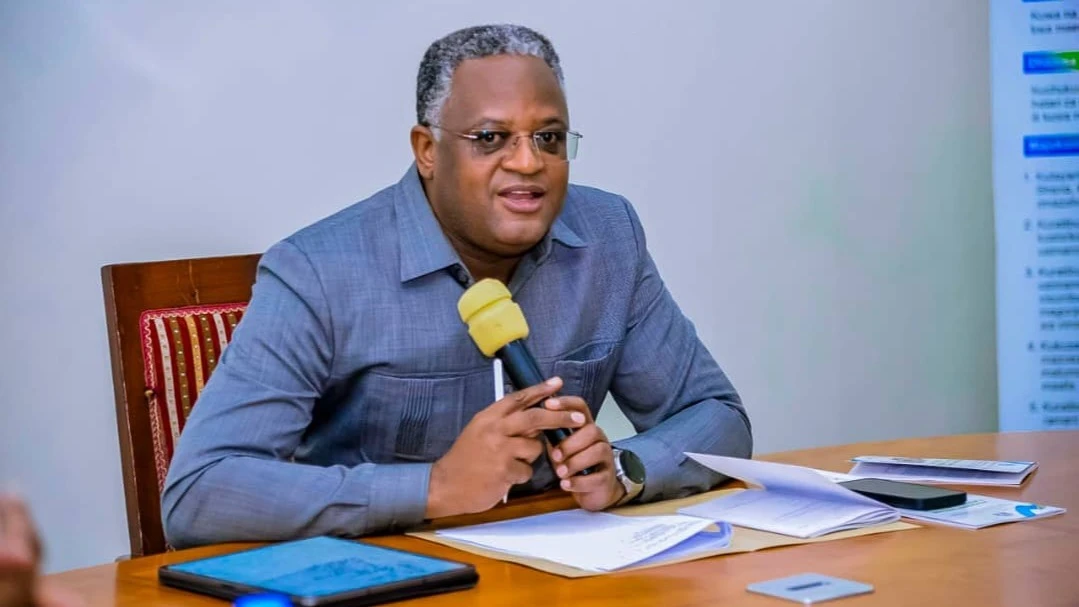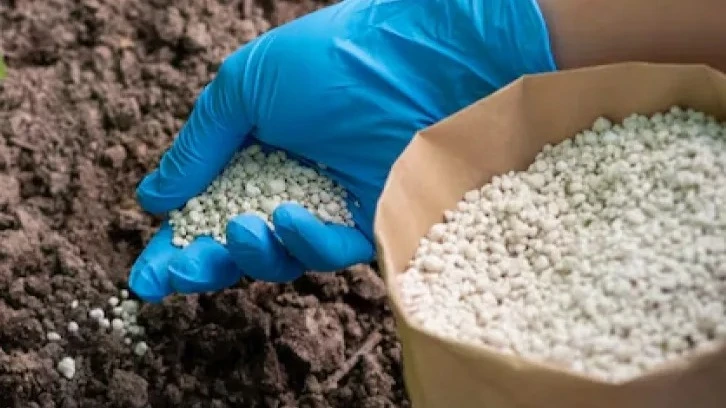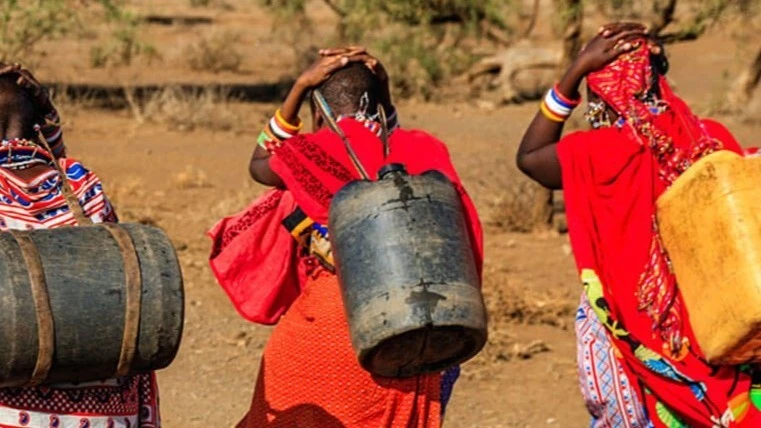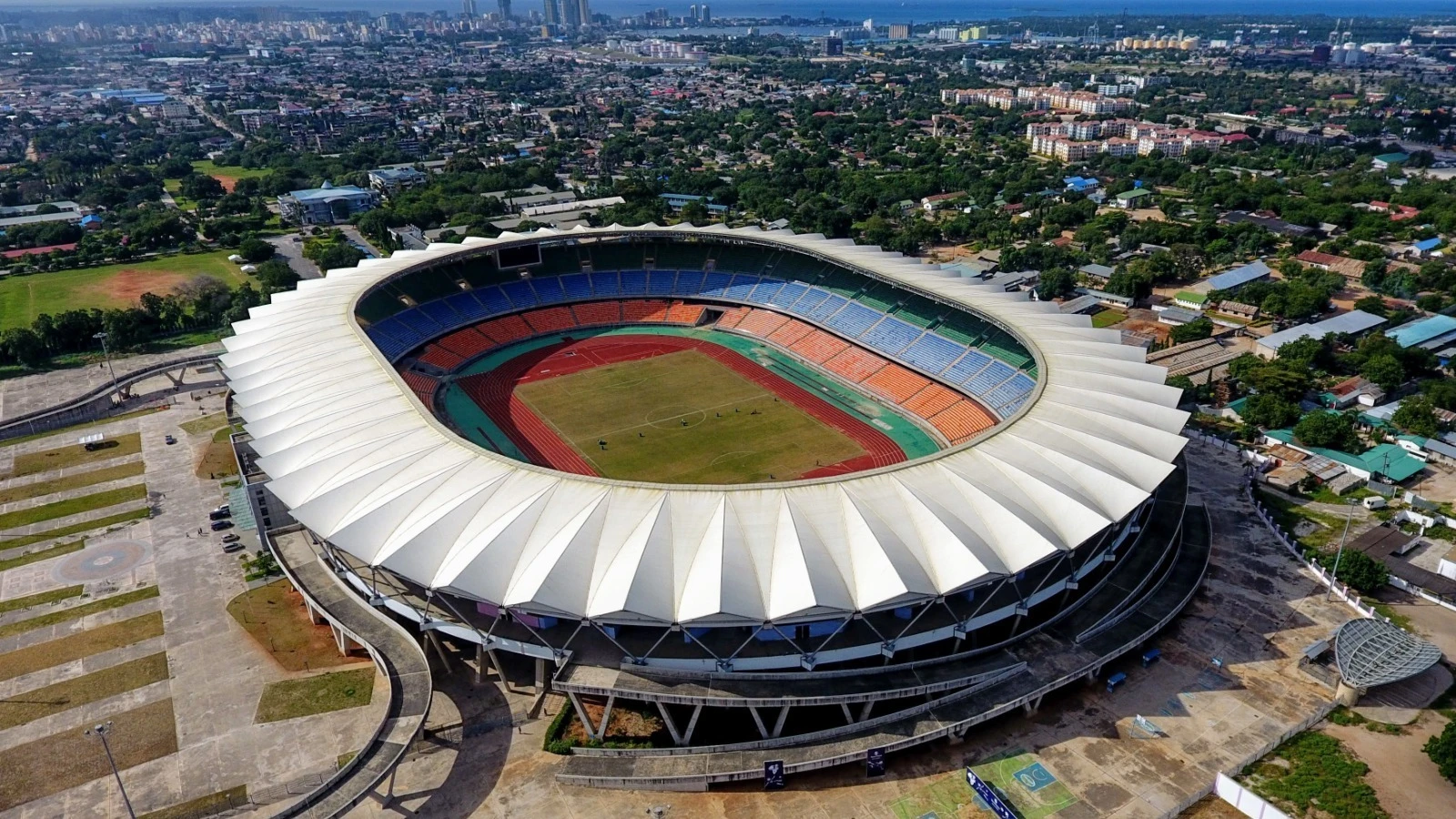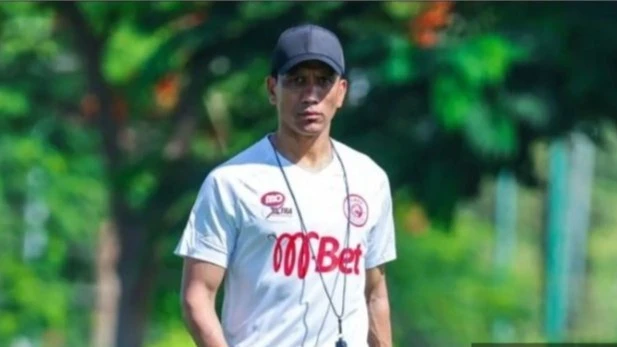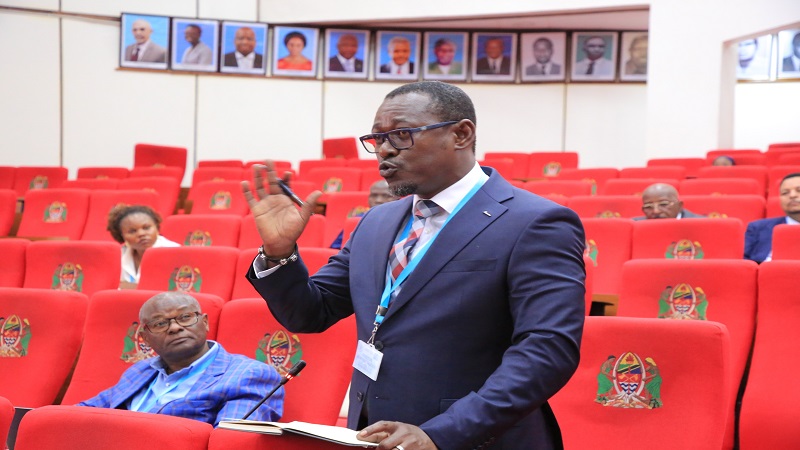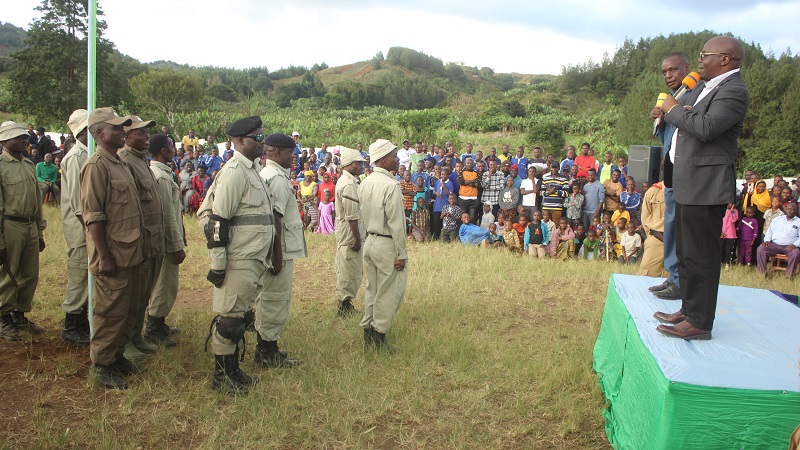Maasai leaders challenge unfair norms thwarting gender equality
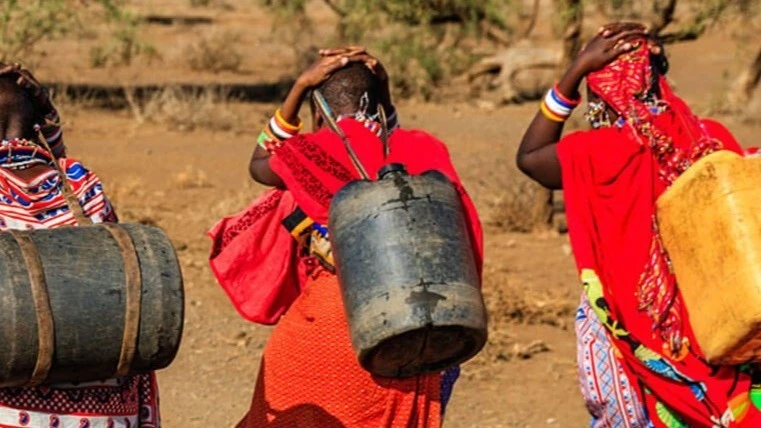
DESPITE deeply entrenched gender norms and attitudes, Muriet Ward in Arusha Region is witnessing a growing movement of women stepping forward to raise their voices, contest leadership roles, and shape the decisions that affect their lives.
Alongside them, men are emerging as strong allies, championing equal opportunities for women to claim their rightful space to lead, and participate in decision-making. Muriet is home to members of the Maasai ethnic group, a semi-nomadic pastoralist community known for its deeply rooted traditions, where leadership has historically been limited to men.
But change is underway, and Salon Langei, a respected Maasai clan leader, farmer, and livestock keeper, is among the men leading this shift. “In late 2023, I attended a training workshop organised for traditional leaders and government representatives, where we were taught that women and girls have equal rights, whether it is to leadership, land, or opportunities,” he recalls.
The training was part of UN Women’s strengthening women’s and girls’ meaningful participation, leadership, and economic rights at local levels (WLER) project, supported by the government of Finland. Implemented across six regions (Arusha, Pwani, Dar es Salaam, Lindi, Mtwara and Singida) and 18 districts in Tanzania, the WLER project aims to increase the number of women in leadership and decision-making at the local government level by strengthening the production and use of sex- and disability-responsive data.
Fostering an enabling environment, promoting gender-responsive norms and practices, and building the capacities of women leaders. As a key enabler of women’s leadership, the project also advances women’s economic rights through innovative interventions such as care services and clean cooking initiatives.
In Arusha, the WLER project is working with local government authorities and civil society organisations to promote women’s participation in leadership and economic life. This includes engaging men, particularly traditional and religious leaders, as key allies in advancing women’s rights and gender equality.
By 2024, the project had trained over 900 community members, including traditional and religious leaders, to champion women’s rights and leadership. “This work isn’t just about increasing numbers—it’s about transforming systems to ensure inclusive, gender-responsive service delivery,” says Hodan Addou, UN Women Tanzania Representative. When traditional leaders like Langei become allies, she adds, the change is deeper, more sustainable, and truly owned by the community.
This was evident in Langei’s 170-member community, known as a “Boma”, where in 2024, the Boma’s leadership, including Langei, chose to postpone their annual meeting three times until there was adequate representation of women. “Traditionally, women were not part of the process,” says Langei. “But this year, we refused to hold the meeting until women could attend and vote.”
Now, Langei says women in the Boma not only vote—they speak up more in meetings, propose solutions to community challenges, and also serve in the leadership committee, which handles matters ranging from health emergencies to land and inheritance disputes. Following the 2024 annual general meeting, Langei’s “Boma” committee, which was previously entirely male, now includes four women alongside six men.
The successes reflect not only Langei’s efforts but a collective commitment by the entire community, united in the belief that equality benefits everyone. “Those of us who were trained shared what we learned with other clan members and leaders,” Langei explains. “We encouraged men to support these efforts and women to attend meetings and speak up. We’re very happy with the progress that has been made.”
According to Erasmina Massawe, UN Women programme manager for the Women’s Leadership and Economic Rights (WLER) project, progress is taking root in the Marya Council, where two Maasai clans, representing over 2,000 people, passed a resolution to include women in leadership. As a result, four women were elected to the Council’s secretariat. “In one of the local government administrative streets (FFU), a woman now serves as the Street Chair, with women forming the majority of the committee members,” she noted.
In the neighbouring Karatu ward, the Ward Executive Officer’s Office reports a 44% increase in women leaders at the local government level. Similar gains were observed across project regions, where over 1,000 women were elected in the 2024 local government elections, including as village, street, and hamlet chairpersons, as well as committee members. In some councils, women’s representation doubled, marking a significant step forward in women’s political participation.
The Karatu local government authority has also adopted principles of gender-responsive planning and budgeting, following training through the WLER project, where they are now allocating funds to support women, including the enhancement of maternity and delivery services.
The initiatives also advanced women’s economic rights. In Muriet, for example, where women have traditionally been excluded from land ownership, community awareness efforts led to 60 Maasai women receiving Certificates of Customary Rights of Occupancy (CCROs) in 2024, providing them with secure land tenure and collateral to access loans. In southern Tanzania’s Mtwara region, the Tandahimba Council issued more than 600 CCROs to women in the same year.
Women’s growing participation is also positively impacting changes in discriminatory attitudes and practices within the communities: “It’s become clear to us that society is better off when women and men lead together,” says Langei. “Women just needed the opportunity.”
To sustain progress, Langei emphasises the importance of continued support and advocacy, and remains hopeful that even greater strides will be made in the coming years for women’s rights and leadership within Maasai communities and beyond.
Top Headlines
© 2025 IPPMEDIA.COM. ALL RIGHTS RESERVED











